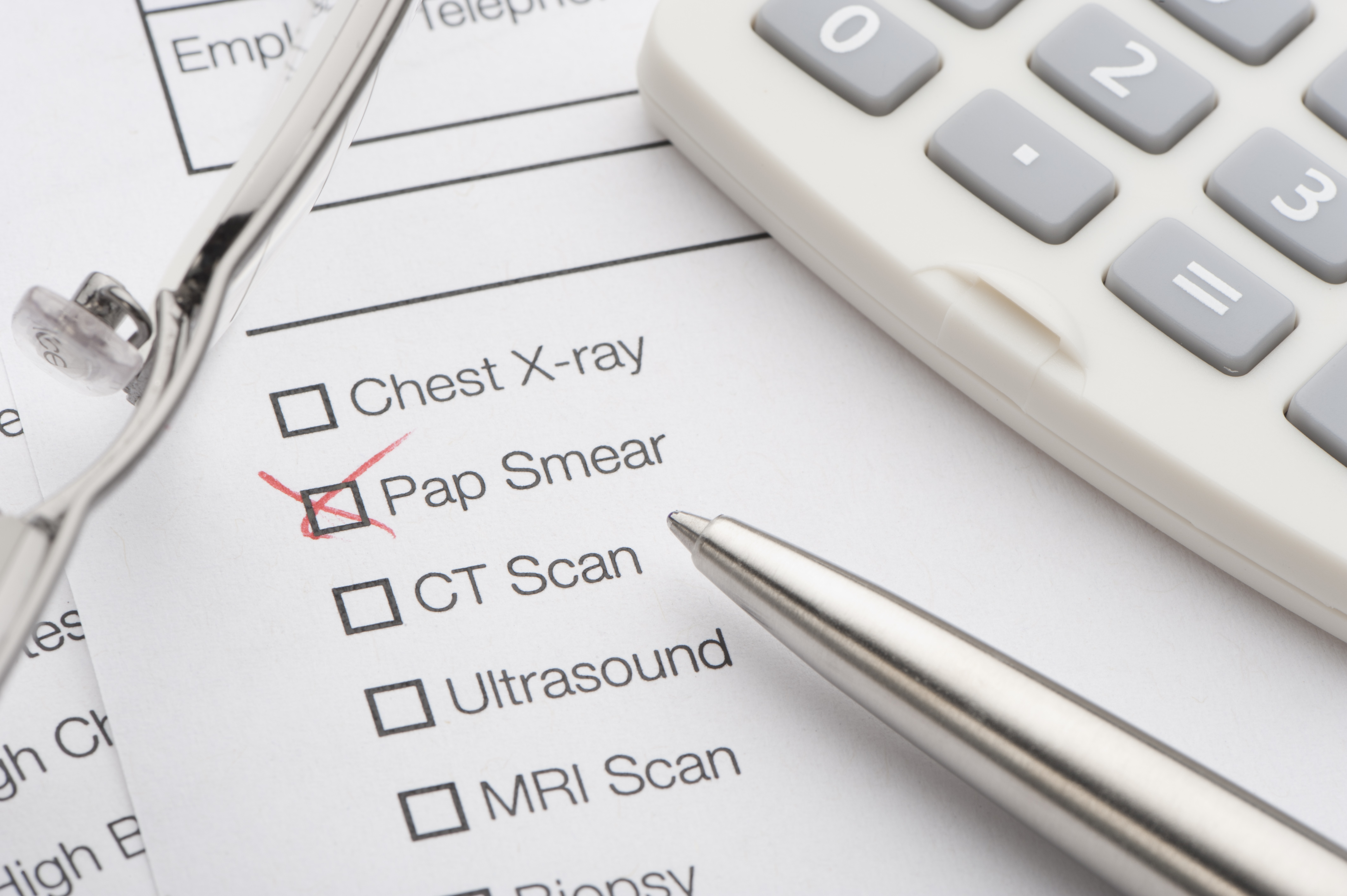Why Regular Pap Tests Are Important
- Category: Women's Health, Obstetrics & Gynecology, Living Well
- Posted On:
- Written By: Lillian C. Funke, MSN, CNM, MPH

What is a Pap test?
A Pap test is a procedure that helps find changes in the cervix that may lead to cancer. The cervix is the part of the uterus that opens into the vagina. For this test, a small sample of cells is taken from the cervix. This is done in your healthcare provider’s office. The cells are then analyzed in a lab. A Pap test is a safe procedure and takes just a few minutes, causing little or no discomfort.
Why have a Pap test?
You may need this test as a screening test to look for cervical cancer or changes in cervical cells that might eventually lead to cancer. Early on, cervical changes don't cause symptoms. Often, the only way to know you have cervical changes is to do a Pap test. A Pap test can find these problems early, when they are easier to treat, or stop cervical cancer before it becomes life-threatening. Pap tests can also detect some infections of the cervix and vagina.
Who should have a Pap test?
According to the American Cancer Society, all women should begin cervical cancer testing at age 21. Women aged 21 – 29 should have a Pap test every 3 years. Starting at age 30, the preferred testing is a Pap test done with an HPV test every 5 years. This should be done until age 65. If you are at risk for cervical cancer, your screening schedule may be different. Risk factors including having HIV, a weak immune system, family history, or exposure to the medicine DES while your mother was pregnant with you. It’s always best to talk to your health care provider about the screening schedule that is best for you.
How do I get ready for this test?
It may seem like a good idea to wash up before having a Pap test, but this can actually erase the signs of a health problem. For accurate test results, avoid having sex or using tampons, douches, vaginal creams, deodorant sprays and powders, and contraceptive foams and jellies for 2 days before your exam.
Don't have the test while you're menstruating. The ideal time to have a Pap test is 10 to 20 days after the first day of your last period.
Be sure your healthcare provider knows about all medicines, herbs, vitamins, and supplements you are taking. This includes medicines that don't need a prescription and any illicit drugs you may use.
 About Lillian:
About Lillian:
Lillian Funke, CNM, MPH is a Certified Nurse Midwife. She received a Master’s in Public Health from Tulane University School of Public Health and Tropical Medicine, where she was a grantee of the Maternal and Child Health Leadership Training Program. She completed her MSN in Midwifery from Columbia University in New York City in 2013.
While at Columbia, Lillian served as the student representative to the Board of Directors of the American College of Nurse Midwives. She is currently serving as Secretary for the Louisiana Affiliate of ACNM. Lillian provides full scope midwifery and well-woman care. Lillian is certified by the American Midwifery Certification Board.